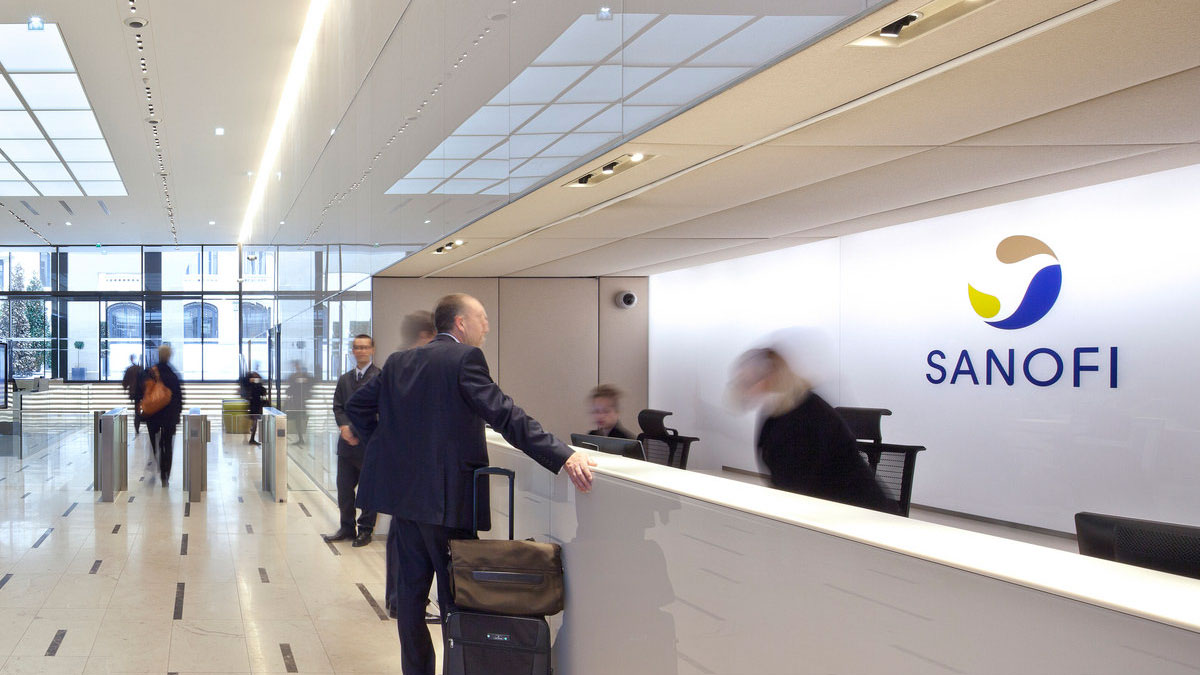Sanofi and Translate Bio expand mRNA vaccine agreement

Sanofi’s Pasteur vaccines unit and Translate Bio have expanded a collaboration to develop mRNA-based vaccines across all infectious disease areas.
The deal builds on an agreement signed in 2018 between the two companies to develop mRNA vaccines for up to five infectious diseases.
The collaboration has already led to the development of several potential vaccines against COVID-19, among more than a hundred in pre-clinical development.
Under the new deal, which must also clear US competition regulations, Massachusetts-based Translate will receive $425 million in the form of an upfront payment and equity investment from the French pharma.
This will consist of $300 million in cash, with the remainder being a private placement in common stock at $25.59 per share, a 50% premium over the biotech’s average price over the last 20 days.
Translate Bio will also be eligible for potential future milestones and other payments up to $1.9 billion, including $450 million of milestones under the 2018 agreement.
Of these potential milestones and other payments, approximately $360 million are anticipated over the next several years, inclusive of COVID-19 vaccine development milestones.
Translate Bio will also be eligible for potential future milestones and other payments up to $1.9 billion, including $450 million of milestones under the 2018 agreement.
Of these potential milestones and other payments, approximately $360 million are anticipated over the next several years, inclusive of COVID-19 vaccine development milestones.
Translate Bio could also receive tiered royalty payments based upon worldwide sales of the developed vaccines. Sanofi Pasteur will pay for all costs during the collaboration term.
Sanofi Pasteur will pay for all costs during the collaboration term and will receive exclusive worldwide rights for infectious disease vaccines.
The companies are currently testing various COVID-19 candidates in pre-clinical trials and expect to begin a first-in-human clinical trial in the fourth quarter of 2020.
They are also advancing an mRNA vaccine development candidate against influenza through preclinical studies with clinical trial initiation anticipated in mid-year 2021.












